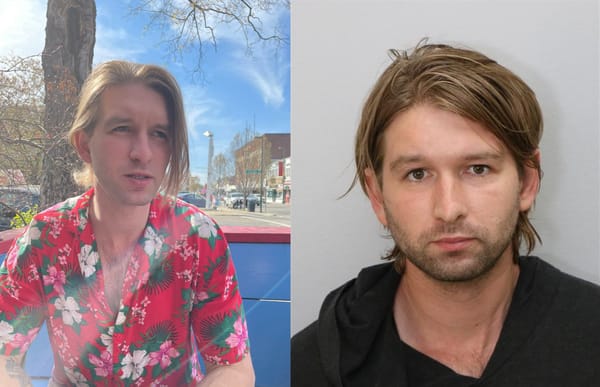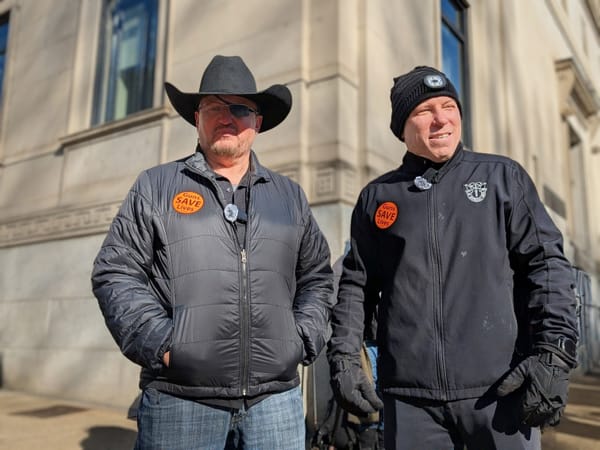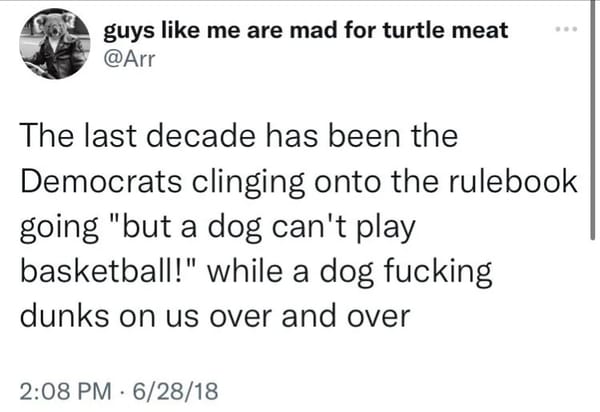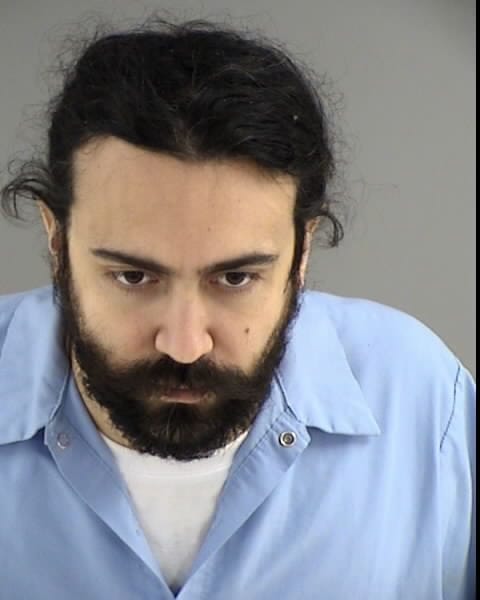Virginia Combating Swastikas
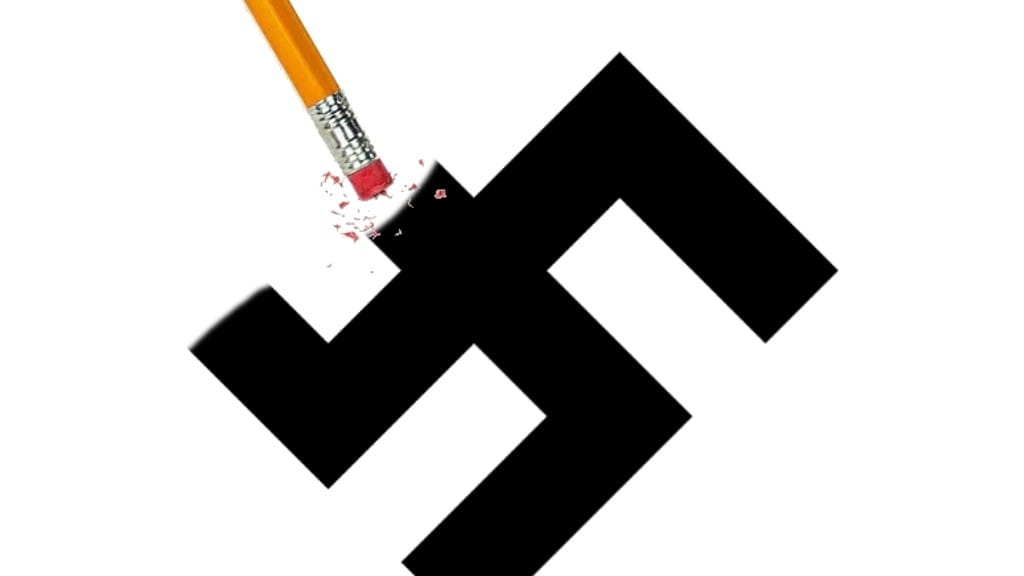
Placing a swastika to intimidate at churches has been a felony in Virginia for years. The seldom used law has only ever used once since the rise of fascist movements in the last ten years. The difficulty in charging neo-Nazi vandals is proving intent to intimate. Placing a hateful symbol is not enough for the law to step in, but must include a message that would intimidate its subject.
In April 2017, Dylon Mahone spray painted swastikas and hateful graffiti on the Little River United Church in Fairfax, Virginia. That hateful graffiti included slurs and direct words like "No Muslims." According to NBC 4, Mahone told police interviewing him after his arrest, "Heil Hitler. No regrets." A simple case for prosecutors as the judge sentenced Mahone to 21 months of prison.
On Thursday, the Virginia legislative body passed a new law about swastikas and it's awaiting a signature from Governor Glenn Youngkin.
The new law would take effect July 1 and adds an additional element, placing a swastika anywhere on private property would be a criminal act if with the intent to intimate. This would not just mean graffiti on church but hateful flyers and chalk writing.
One recent example comes from last year when swastika graffiti was found at a Prince William County High School along with an antisemitic phrase. Although there are no reports that the perpetrator was ever found, that perpetrator could not be charged with the current law.
Another example comes in 2017, when 17 year old Nicholas Giampa mowed a 40 foot swastika into a field. With the warning signs but no way for police to intervene. Giampa's girlfriend was forbidden to see him again by her parents. Giampa would then murder both parents and was tied to the neo-Nazi terrorist group, Atomwaffen.
According to Delegate Marcus Simon who proposed the law, this bill would address situations like Giampa. Simon says that the language is similar to the cross burning laws that were used to prosecute the Tiki Torch marchers in Charlottesville. That includes that the prosecutors must establish that a mere swastika isn't enough to convict but also the intent to cause fear.
While in committee last week, the bill transformed after complaints from religions that had used the swastika for thousands of years. Hinduism, Buddhism, Jainism, Zoroastrianism, and Native American religions were given an exception in the legal code. Despite these fears, these non-Nazis symbols are unlikely to result in criminal charges because of their lack of intent to intimate.
While writing this article, I decided to check my private collection of flyers that I have intercepted that were distributed by neo-Nazis. None of them have anything that could be considered a swastika. There's plenty of disparaging statements about Jewish people, but I noticed a little disclaimer at the bottom, "These flyers were distributed randomly without malicious intent."

